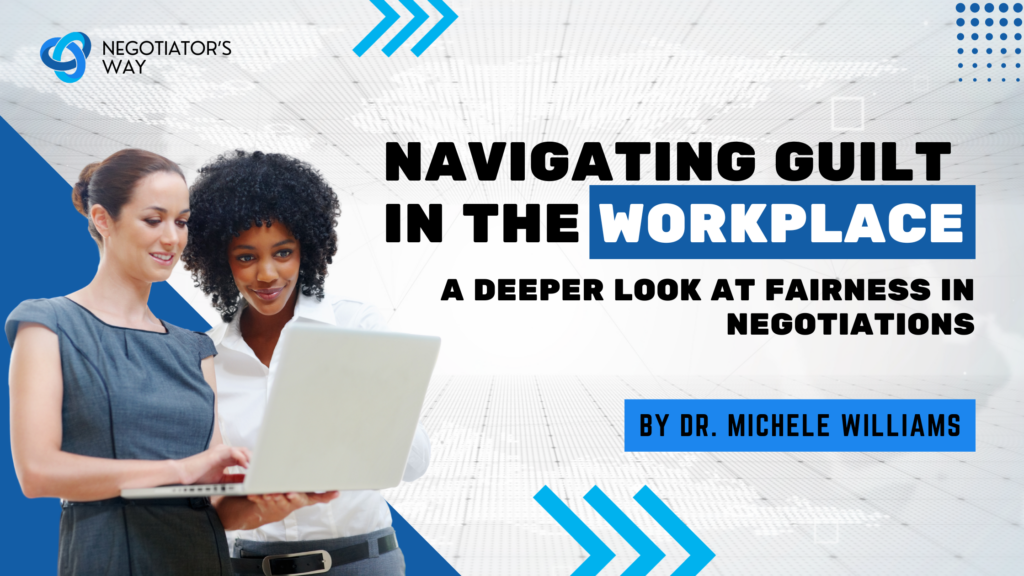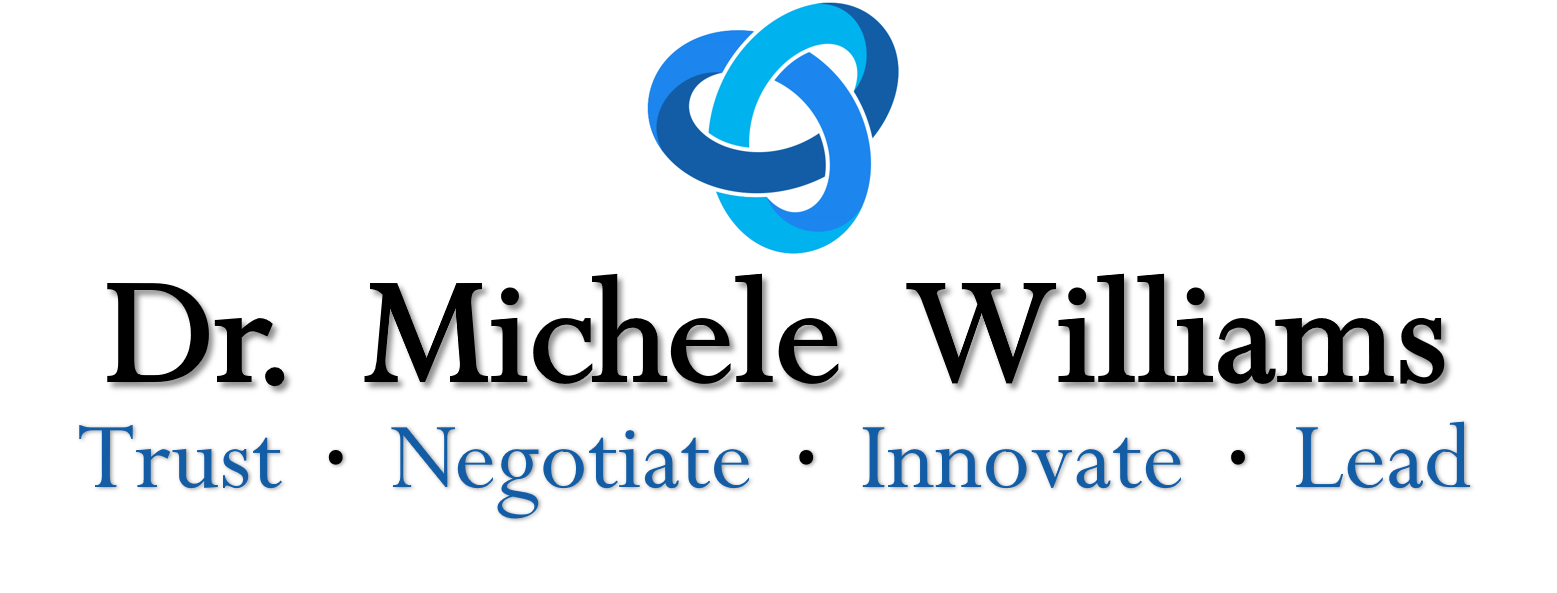Navigating Guilt in the Workplace: A Deeper Look at Fairness in Negotiations

INTRODUCTION:
Have you ever found yourself grappling with guilt at work?
In the intricate dance of professional interactions, guilt often serves as a moral compass, guiding us to align our actions with our values and societal norms. However, in the realm of negotiations, guilt can take on a different guise – a strategic maneuver aimed at securing concessions from counterparts. In this blog post, we’ll delve into the complexities of guilt at work, exploring how it can be both a genuine ethical signal and a potent negotiating tactic.
UNCOVERING WEAPONIZED GUILT

Questioning why we feel guilty is a natural reflex, but in the context of negotiations, it may not be sufficient. To truly understand the dynamics at play, consider asking additional questions: How does your counterpart benefit from your guilt? What rule of fairness are they exploiting? Are there alternative rules of fairness that could be more appropriate
UNDERSTANDING THE DYNAMICS

Let’s consider a common workplace scenario: Two team members approach you, requesting your assistance over the weekend to wrap up a crucial project. The guilt associated with saying no may intensify, especially if they subtly question your commitment as a team player. In this situation, evaluating the rules of fairness becomes pivotal.
1. Never Saying No:
- One rule of fairness might dictate that a true team player never says no to supporting the team. While this could alleviate guilt, it may not consider individual workloads or circumstances.
2. Equally Sharing the Burden:
- Another rule could be that everyone should share the burden of working on the weekend equally. This rule emphasizes a collective responsibility and may lead to a fairer distribution of tasks.
3. Overall Contribution:
- A broader perspective considers the overall contribution of each team member throughout the project. If you’ve consistently put in extra effort while others have been less involved, this rule might justify declining the weekend request.
TAILORING FAIRNESS TO CONTEXT

The application of these rules of fairness is context-dependent. If you’ve been burning the midnight oil while your colleagues took leisurely lunches, your decision-making process will likely differ from a scenario where everyone has contributed equally.
CONCLUSION
Guilt in the workplace serves as both a warning sign for potential ethical transgressions and a strategic tool in negotiations. By understanding the rules of fairness at play and considering alternative perspectives, you can navigate workplace guilt with a more nuanced approach. Remember, negotiating fairness is often a concealed aspect of tangible negotiations, and a thoughtful evaluation of these dynamics can lead to more informed and equitable decisions in your professional journey.
